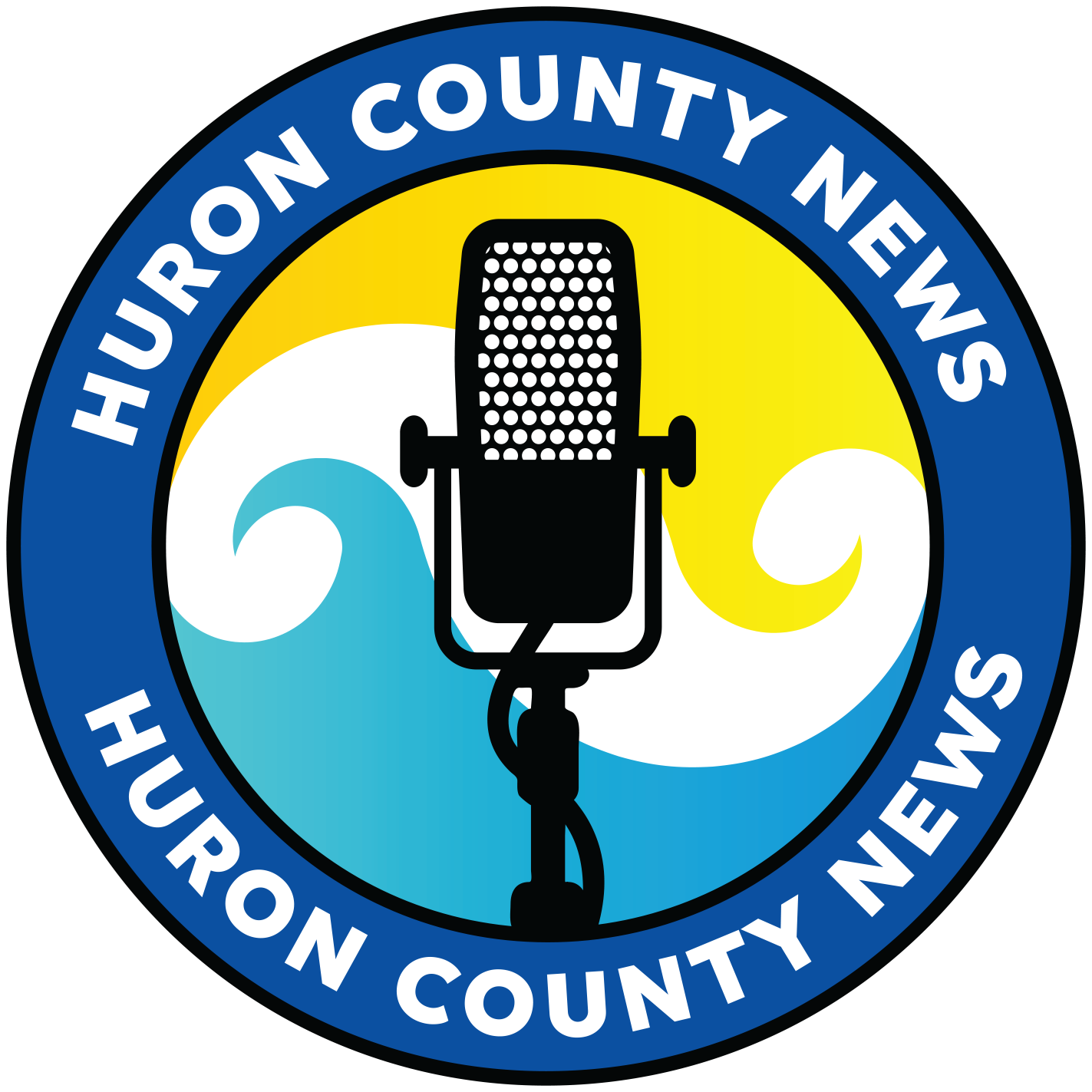Rural Ontario Institute Announces Launch Of The Community Wellbeing Dashboard
by Bob Montgomery
The Rural Ontario Institute has partnered with the Ontario Trillium Foundation and the Ontario Ministry of Agriculture, Food and Agribusiness to launch the Rural Community Wellbeing Dashboard.
“The Community Wellbeing Dashboard is a unique tool that will help rural stakeholders identify trends and conditions impacting their communities,” said Danielle Letang, Rural Ontario Institute Manager of Data Strategy. “It provides access to standardized data at the local level to assess quality of life and wellbeing.”
Letang says the Wellbeing Dashboard can be an easy way for communities to identify other communities that might be experiencing similar conditions, or challenges, or similar opportunities. And then they can contact those communities and discuss how they're dealing with a challenge or how they've been able to take advantage of an opportunity.
Over the past two years, ROI has engaged with rural communities to create a dashboard and select indicators for understanding community wellbeing in the rural context. The tool allows communities to easily interpret their wellbeing and will enable communities to:
• establish baselines
• identify priorities for change
• monitor progress over time
• share stories and celebrate successes
Letang says people will be able to take a look at this tool and then identify their specific priorities. Examples of this could be helping communities develop safety and well-being plans, and that could mean improving access to healthcare services or improving wait times for long term care or looking at education indicators or population diversity. She says the Dashboard will be used primarily by people who are making decisions, like councillors. And if they're trying to come up with some kind of policy the first step is usually gathering information, but that can be very difficult in rural communities. In a rural community it can be very difficult to find information that has already been organized and is easy to understand.
“One of the main purposes of our Dashboard to make even just a basic level of information available to all communities in Ontario, and from that information they can hopefully identify any issues. For example, if there are no healthcare facilities in your community you might identify that as a problem that needs to be addressed. You might look at mental health indicators to see why people are asking for mental health services or you might look at the environment indicators, specifically climate change, to try to understand what the future of climate will look like in your community and how you can develop a plan and be ready to adapt and be resilient to those changes.”
Anyone who wants to learn more about this new data-driven tool can join them for a free Rural Wellbeing Webinar on October 30st. Registration details can be found on the Rural Ontario Institute website.
